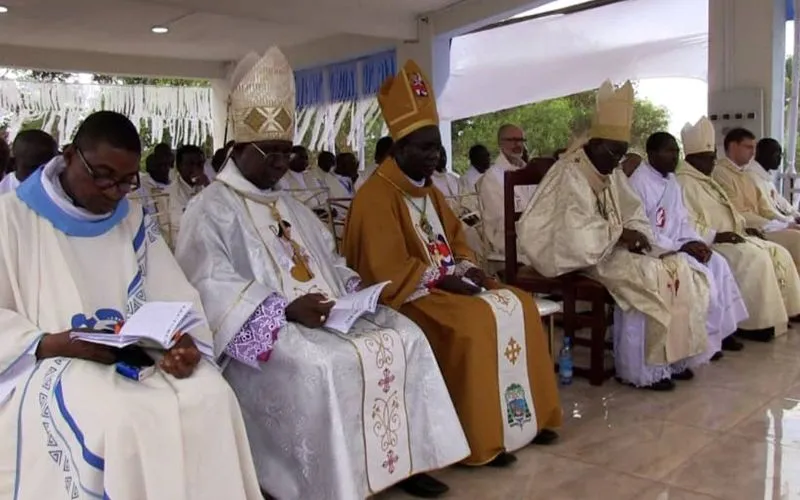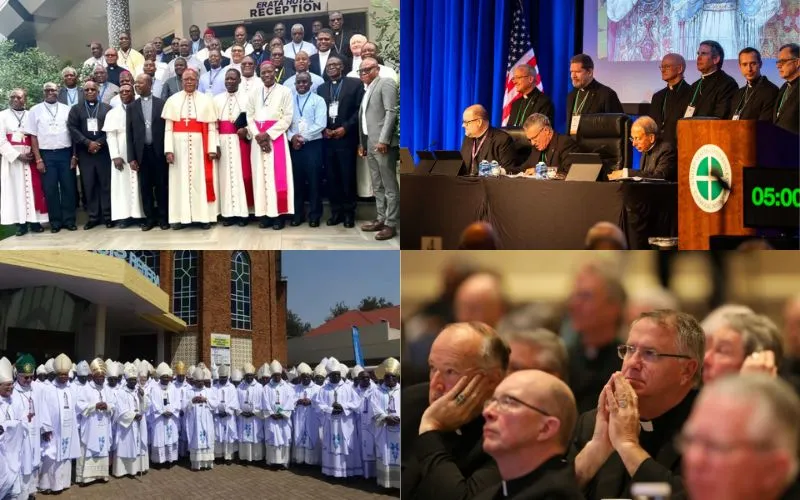Conakry, 03 July, 2025 / 11:25 am (ACI Africa).
Catholic Bishops in Guinea have issued new pastoral guidelines on the administration of infant Baptism and the Funeral celebration countrywide, with directives that affirm the Church’s commitment to inclusivity, mercy, and fidelity to Canon Law.
In a pastoral letter issued June 29, members of the Episcopal Conference of Guinea (CEG) emphasize that no child should be denied access to the Sacrament of Baptism because of the irregular conjugal situation of parents.
“Baptism is permitted for all children aged 0 to 6 years inclusive, regardless of their parents’ marital status,” CEG members say.
They note that since the sacramental grace of Baptism is “freely offered by God, no child should be deprived of it due to the irregular marital situation of the parents.”
Still, for parents in irregular marital situations, CEG members direct that the Parish Priest must ensure there is “a serious and explicit commitment” to provide the child with a Christian education before administering Baptism.





